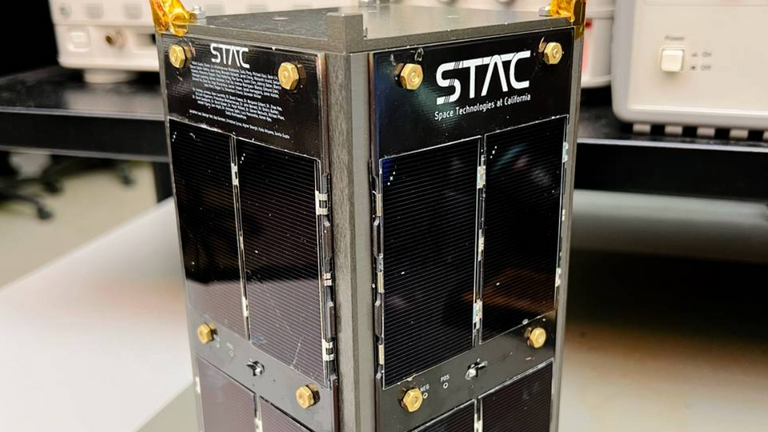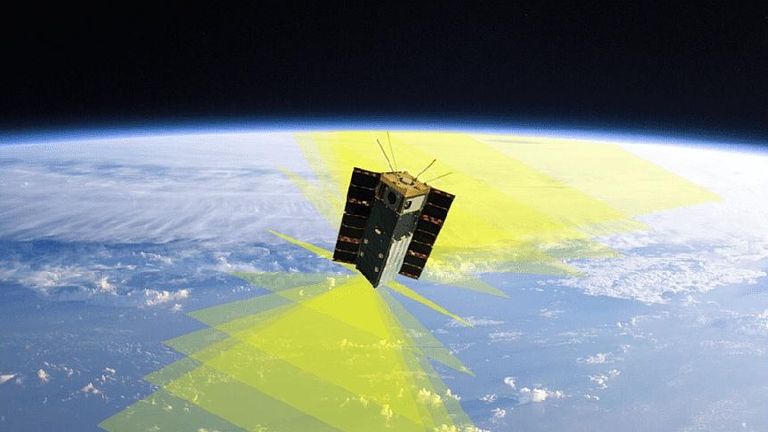
The chief executive of a private spaceflight company has said he is “deeply sorry” after accidentally destroying four tiny NASA satellites in a failed launch.
The four small and low-cost CubeSats were launched by Astra from California on Thursday, but within minutes the company’s rocket span out of control and fell back towards the Earth.
“We experienced an issue in today’s flight,” confirmed CEO Chris Kemp on Twitter: “I’m deeply sorry we were not able to deliver our customer’s payloads. I’m with the team looking at data, and we will provide more info as soon as we can.”
What happened?
No additional details have been released about the cause of the failure, but the livestream of the mission suggested a problem with the way the upper stage of the rocket separated from the booster.
The contract was awarded under NASA’s Venture Class Launch Services Demonstration which is intended to “tolerate a higher level of risk than larger missions”.
As the upper stage tumbled so too did Astra’s share price, at first by 5% – prompting trading to be halted – and then closing 26% lower when trading reopened again.
Astra had previously attempted four orbital launches, the first three of which failed. The fourth was successful but was not carrying a payload.
What are CubeSats?
“CubeSats are playing an increasingly larger role in exploration, technology demonstrations, scientific research, and educational investigations at NASA,” said the space agency.
During the pandemic, when access to NASA’s facilities was being restricted, the space agency’s staff had commanded its Hyper-Angular Rainbow Polarimeter CubeSat from home.
Thursday’s failed launch was carrying four small satellites as part of NASA’s ELaNa 41 (Educational Launch of Nanosatellites) mission.
NASA describes ELaNa as “an exciting initiative… to attract and retain students in the science, technology, engineering and mathematics disciplines”.
The aim is to create tiny satellites of units measuring just 10cm cubed, although the satellites can be made up from two, three or six units – each weighing less than 1.33kg according to NASA.
Three of the lost satellites were made by universities, while one was made by NASA’s Johnson Space Centre.
All of the CubeSats launched as part of the programme are experimental rather than commercial.







More Stories
5 Reasons Why Everyone Should Look Forward to Save Earth Mission’s Takeoff Event
Save Earth Mission’s Takeoff Event Countdown Starts: Get Ready to Witness History
The Save Earth Mission: A Global Movement Towards a Sustainable Future